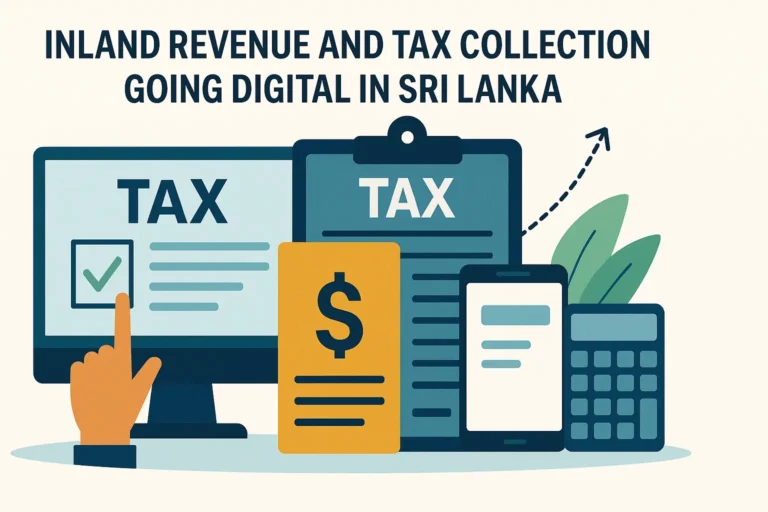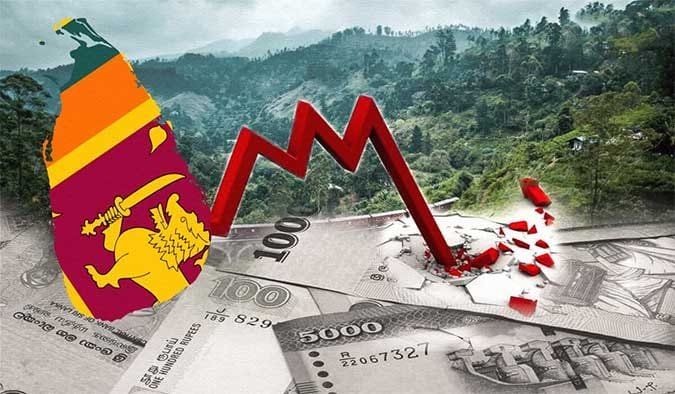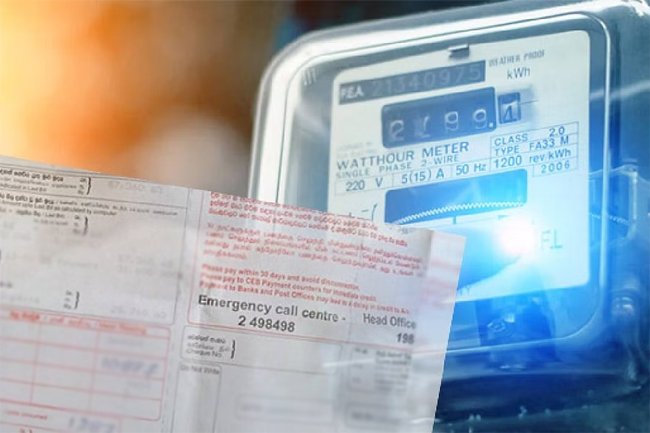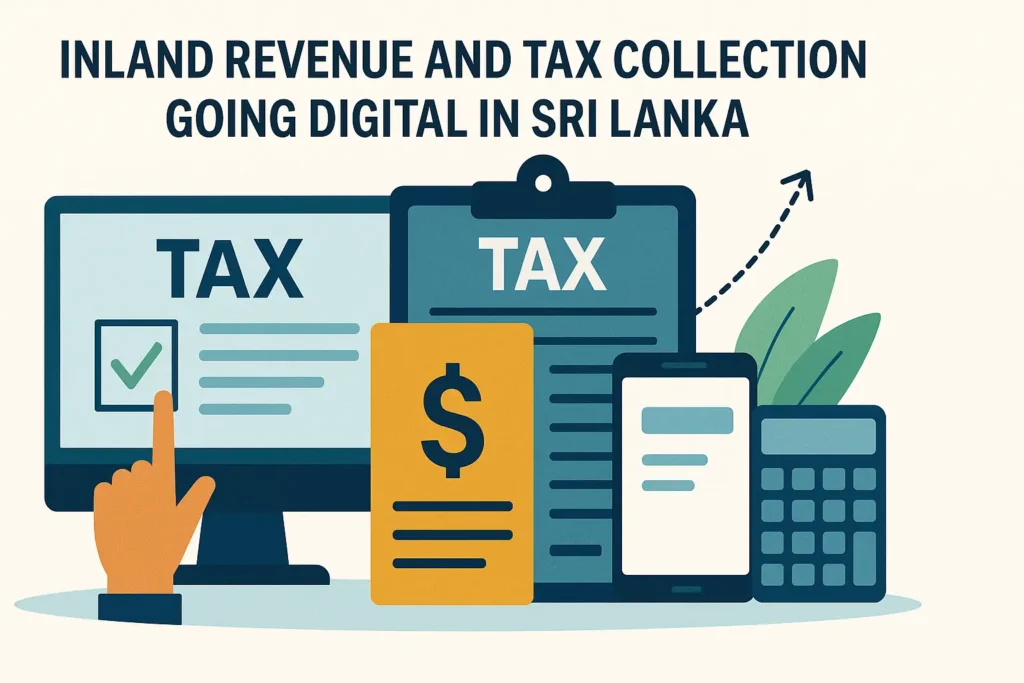Sri Lanka’s agricultural sector has long been the backbone of the nation’s economy, sustaining millions of livelihoods and ensuring food security for its population. The government’s recent announcement of a major support package for paddy farmers and mill owners underscores the vital role of agriculture in national stability and development. This initiative is not just about economic relief; it is a strategic move to safeguard the country’s food security and ensure the safety and sustainability of its agricultural practices.
A Critical Juncture for Sri Lanka Agriculture

The current administration has inherited an agricultural sector reeling from past policy missteps, most notably the abrupt shift to organic farming under former President Gotabaya Rajapaksa. This move, intended to position Sri Lanka as a leader in sustainable agriculture, instead destabilized the sector, leading to widespread crop failures, reduced yields, and increased food insecurity. The new support package is designed to rectify these issues, providing much-needed assistance to farmers while reinforcing the country’s commitment to food security.(Sri Lanka Agriculture)
The Fallout of the Organic Fertilizer Policy

In 2021, the sudden ban on chemical fertilizers and the mandated switch to organic farming were implemented with little consultation or preparation. While the goal of promoting organic agriculture was laudable, the execution was rushed and ill-considered. Farmers, unprepared for such a drastic change, saw their crop yields plummet. Rice production, a staple of the Sri Lankan diet, was particularly hard-hit. The lack of adequate organic fertilizer alternatives further exacerbated the problem, leading to a significant reduction in food production and a sharp rise in food prices.(Sri Lanka Agriculture)
The consequences of this policy were felt across the nation. Food shortages became common, and Sri Lanka, once self-sufficient in rice production, was forced to import rice to meet domestic demand. The agricultural sector, which employs a significant portion of the population, was plunged into crisis. Farmers, many of whom operate on thin margins, found themselves unable to sustain their livelihoods. The situation highlighted the critical need for balanced, well-planned agricultural policies that support both the environment and the economy.
The New Support Package: A Lifeline for Farmers

The current government’s support package represents a significant shift in policy. It recognizes the need for a pragmatic approach to agriculture that balances sustainability with the realities of food production and farmer welfare. The package includes financial aid for paddy farmers, subsidies for fertilizers (both organic and chemical), and incentives for mill owners to ensure fair prices for paddy. These measures are designed to stabilize the sector, boost production, and ensure that Sri Lanka can meet its food security needs.(Sri Lanka Agriculture)
Key components of the package include:
- Financial Support for Farmers: The government has allocated substantial funds to provide direct financial assistance to paddy farmers. This support is intended to cover the costs of inputs, such as seeds and fertilizers, and to help farmers manage the rising costs of production. By reducing the financial burden on farmers, the government aims to encourage higher production levels and ensure a stable supply of rice to the market.
- Fertilizer Subsidies: Recognizing the lessons learned from the organic fertilizer debacle, the government has reintroduced subsidies for both organic and chemical fertilizers. This approach allows farmers to choose the most appropriate fertilizer for their crops, balancing the need for sustainability with the demands of food production. The subsidy program also includes training and support to help farmers make informed decisions about fertilizer use.

- Incentives for Mill Owners: To ensure that farmers receive fair prices for their paddy, the government is offering incentives to mill owners. These incentives are designed to encourage mill owners to purchase paddy at a fair price, helping to stabilize the market and ensure that farmers can earn a reasonable income. This measure also aims to prevent the exploitation of farmers by middlemen and to promote greater equity in the agricultural value chain.
Ensuring Food Security and Safety
The support package is a crucial step toward ensuring Sri Lanka’s food security. By stabilizing rice production, the government is addressing one of the most pressing challenges facing the country. A stable supply of rice is essential not only for food security but also for social stability. When food is scarce or unaffordable, the risk of social unrest increases. By investing in the agricultural sector, the government is taking proactive steps to prevent such outcomes and to ensure that all Sri Lankans have access to safe, affordable food.(Sri Lanka Agriculture)

Moreover, the emphasis on both organic and chemical fertilizers reflects a balanced approach to food safety. The government’s decision to provide subsidies for both types of fertilizers recognizes that there is no one-size-fits-all solution to agriculture. Different crops and different regions have different needs, and farmers must be able to choose the best option for their specific circumstances. This flexibility is key to ensuring that food production remains safe, sustainable, and sufficient to meet the needs of the population.
Learning from the Past, Looking to the Future
The failures of the past must serve as lessons for the future. The abrupt shift to organic farming under the previous administration was a well-intentioned but poorly executed policy that caused significant harm to Sri Lanka’s agricultural sector. The current government’s approach is more measured, more pragmatic, and more attuned to the realities of farming in Sri Lanka. By providing targeted support to farmers and mill owners, the government is laying the groundwork for a more resilient agricultural sector and a more secure food supply.(Sri Lanka Agriculture)
The success of this initiative will depend on its implementation. The government must ensure that the funds allocated to farmers are distributed efficiently and transparently, and that the subsidy programs are accessible to all who need them. Ongoing support and training for farmers will be crucial to ensuring that they can make the most of the assistance provided. Additionally, the government must continue to monitor the agricultural sector closely, making adjustments to the program as needed to address emerging challenges and to support the long-term sustainability of the sector.
Conclusion: A Commitment to Sri Lanka’s Future
The government’s support package for paddy farmers and mill owners is a positive step toward ensuring food security and safety in Sri Lanka. It represents a commitment to supporting the country’s farmers, learning from past mistakes, and building a more resilient agricultural sector. As Sri Lanka continues to recover from the economic challenges of recent years, the success of this initiative will be critical to securing the nation’s future. By investing in agriculture, the government is investing in the well-being of all Sri Lankans, ensuring that the country can continue to grow, prosper, and thrive.(Sri Lanka Agriculture)












